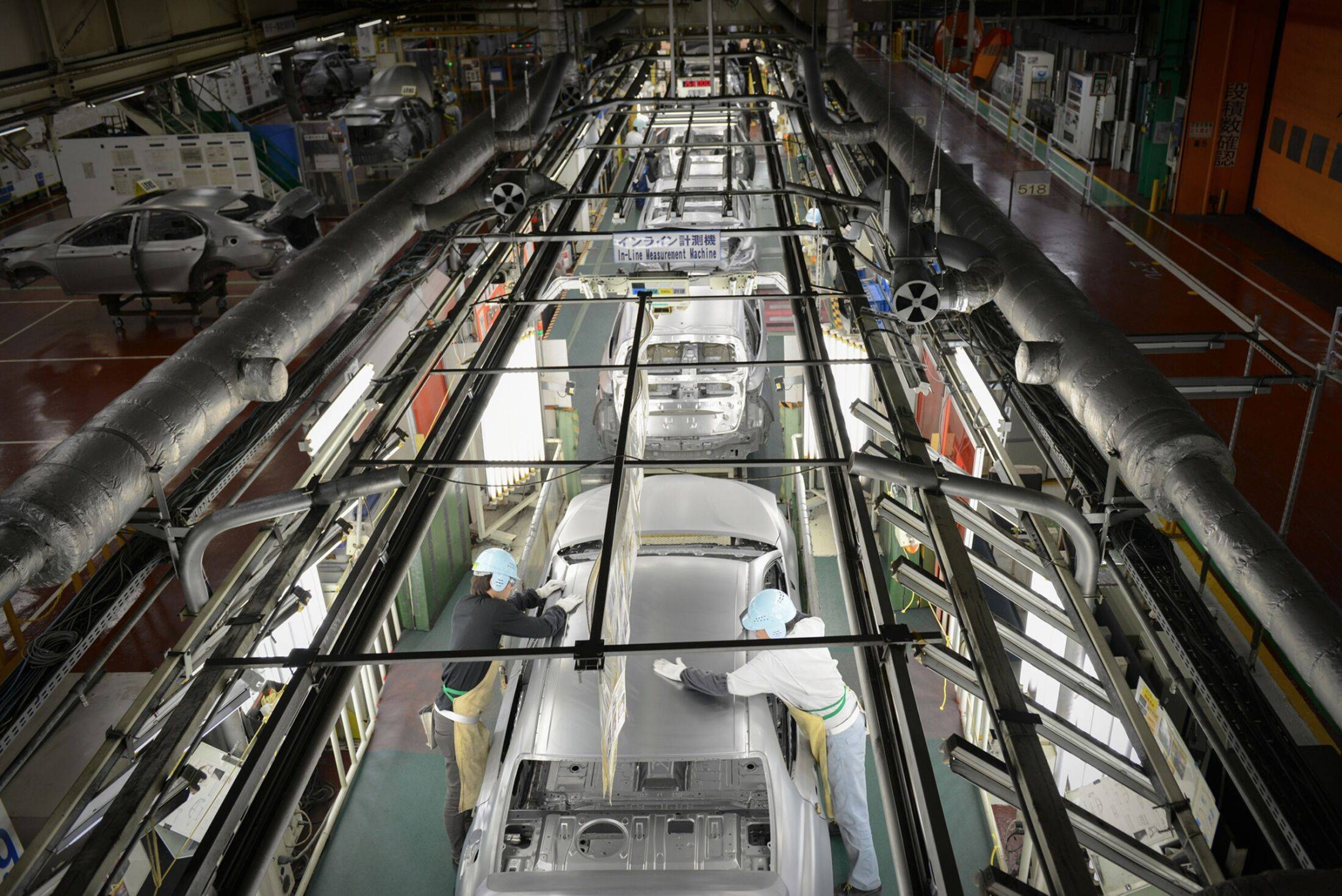Kojima Industries is a small company and is little-known outside Japan, where it produces cup holders, USB sockets and door pockets for car interiors. But its modest role in the automotive supply chain is a critical one. And when the company was hacked in February 2022, it brought Toyota’s entire production line to a screeching stop.
The world’s top-selling carmaker had to halt operations at 14 factories at a cost of about $375 million, based on a rough calculation of its sales and output data. Even after the initial crisis was over, it took months for Kojima to get operations close to its old routines.
The company is just one name on Japan’s long list of recent cyber victims. Ransomware attacks alone soared 58% last year compared to a year earlier, according to the National Police Agency, and hacking incidents have exposed shortcomings ranging from slow incident response times to a lack of transparency. In a nation that exported chip components worth $42.3 billion last year — dominating the supply of some materials — supply chain issues can have global implications.


















With your current subscription plan you can comment on stories. However, before writing your first comment, please create a display name in the Profile section of your subscriber account page.